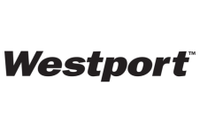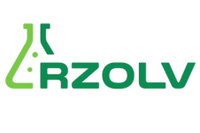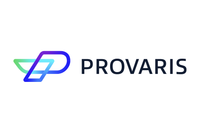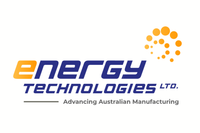Clean Water Bill Gains Senate Approval, Now Headed to House
Nutrient runoff from livestock waste is a major issue in the US, but a new bill passed in Pennsylvania brings the state a step closer to a solution.
Nutrient runoff from livestock waste is a major issue in the US, which spends $114 billion each year on wastewater treatment.
This waste is one of the largest unregulated sources of nutrient pollution in the country, and when mismanaged can be a significant source of harmful materials like ammonia, greenhouse gases and pathogens.
On Wednesday (January 31), the Pennsylvania State Senate moved closer to implementing a solution for these issues by approving bill 799. The bill is now headed to the House of Representatives, and if passed and signed by Pennsylvania’s governor, it will establish a clean water program for the state that will use competitive bidding to identify the lowest-cost opportunities to reduce water pollution.
For Bion Environmental Technologies (OTCQB:BNET), the news is significant. The company has developed livestock waste treatment technology that recovers valuable assets from this type of waste while also largely eliminating the environmental impacts of the waste. It believes that this process may be an appealing option for the livestock industry under the proposed competitive bidding system.
“Yesterday’s Senate vote represents a major milestone for Bion and livestock agriculture, the environment, and tax- and rate-payers,” said Craig Scott, communications director at Bion, in a Thursday (February 1) press release. “We MUST address livestock in a way that allows the industry to flourish, while simultaneously dealing with today’s complex water quality issues.”
Speaking to the Investing News Network over the phone, Scott explained that the bill will help Pennsylvania meet federal pollution reduction rules, and will improve the quality of drinking water from the Chesapeake Bay watershed. Chesapeake Bay is one of several major watersheds in the US at which the Environmental Protection Agency (EPA) has identified the need for substantial nutrient reductions.
Scott noted that although the livestock industry supports waste treatment initiatives, it has so far lacked the funds required to put such processes in place. With the competitive procurement strategy outlined in the bill, the livestock industry will receive funding to pursue waste treatment.
As mentioned, now that it is out of the Senate, the bill will move to Pennsylvania’s House of Representatives, and then to the governor of the state for his signature. At this point there is no guarantee it will be passed into law, but given the strong bipartisan support it received in the Senate, prospects appear good — it was approved by a 47-2 margin.
It is also worth noting that the EPA has expressed support for the ideas laid out in the bill. Last spring, the organization said in a letter of expectation to Pennsylvania that it is in favor of using credit trading and competitive procurement to engage the private sector, as long as credits are verified.
With the bill now headed to the House, Bion and other stakeholders will no doubt be watching closely for further developments. As Scott pointed out, if successful, it’s possible that the system could “serve as a model for the approximately 40 other states in the Great Lakes and Mississippi River basins, and other areas that face similar challenges today and in the future.”
Don’t forget to follow us @INN_Technology for real-time updates!
Securities Disclosure: I, Charlotte McLeod, hold no direct investment interest in any company mentioned in this article.
Editorial Disclosure: Bion Environmental Technologies is a client of the Investing News Network. This article is not paid-for content.



